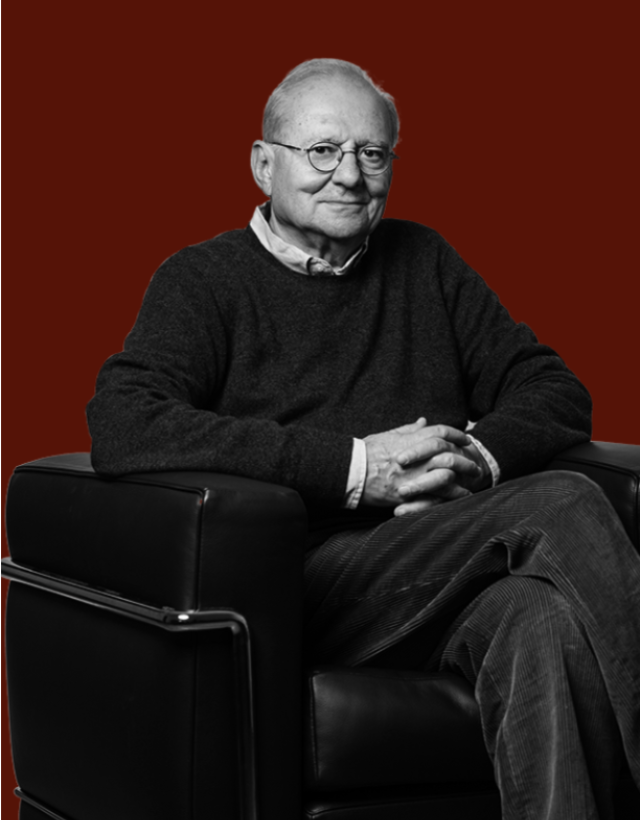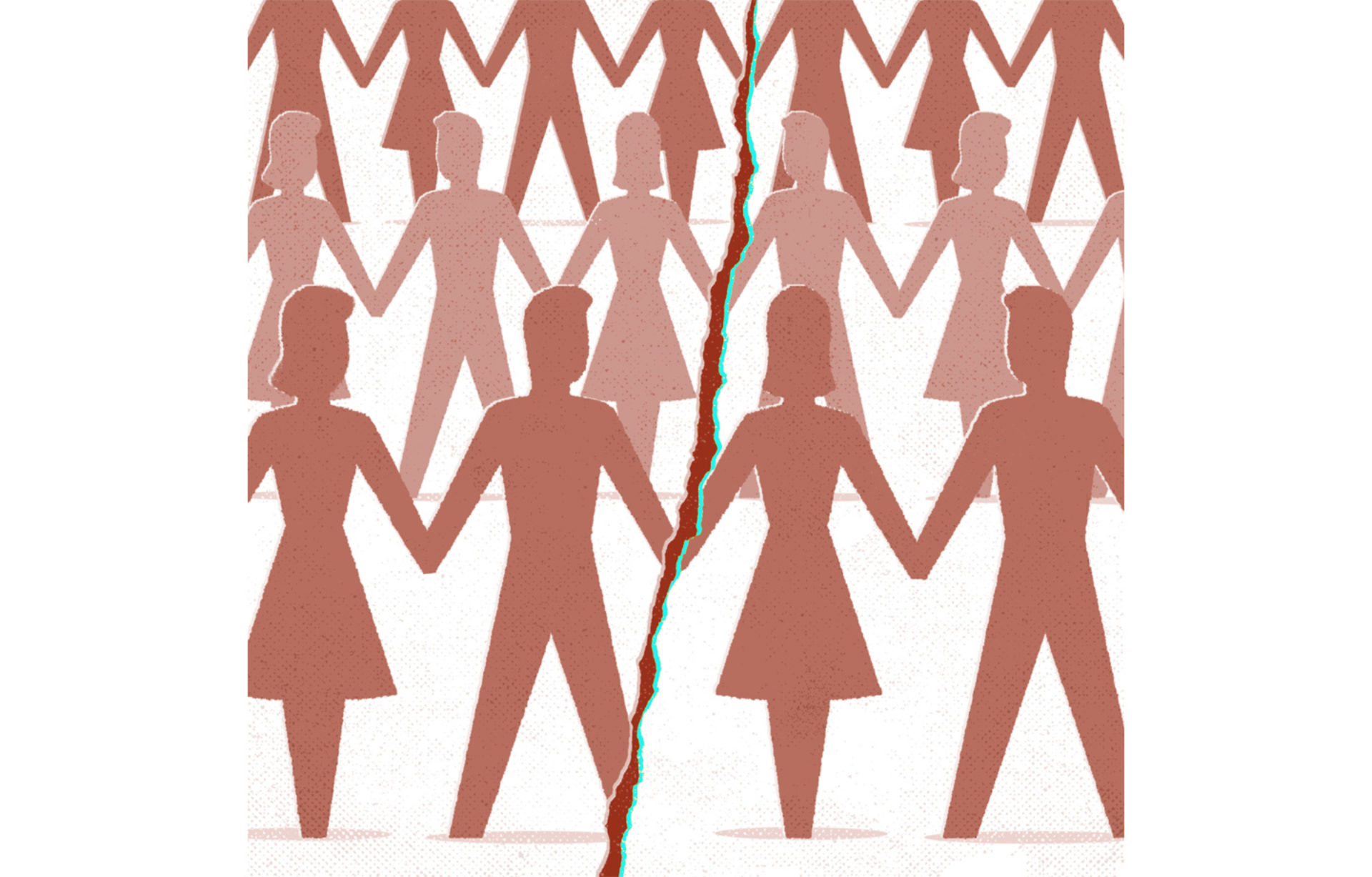Democracy in Germany is currently facing multiple crises: the aftereffects of the pandemic, the climate crisis, rising inflation, the Russian war of aggression on Ukraine and rising antisemitism in the wake of Hamas’ attack on Israel on 7 October. At the same time, sections of society are becoming radicalised — with disinformation and conspiracy theories playing a significant role. This can trigger not only the rejection of individual political decisions, but also a loss of trust in the political system and its democratic institutions as a whole. What effects does this ongoing crisis have on us? Between farmer’ protests, a resurgence of antisemitism and the success of far-right parties, social cohesion is beginning to unravel. But where actually are the fault lines of these divides? What is particularly polarising?
The Social Sentiment in Times of Crises (SOSEC) research project conducted by the FZI Research Centre for Information Technology in cooperation with the Karlsruhe Institute of Technology (KIT), documents social sentiments through a globally unique approach, and grounded in this anticipates potential tipping points of a critical mass in society.
Using representative panel surveys and agent-based models of opinion dynamics, the SOSEC continuously monitors and evaluates the development of critical situations. For this, the project utilises the concept of experience sampling from psychology and applies it to society at large. In this innovative quantitative research approach, participants (1500 from each Germany and the US) are asked questions. In addition to demographic data (such as gender and income), the weekly questions cover the personal wellbeing and concerns of the participants, personal perspectives on current developments in their respective own country, political attitudes and trust in democratic institutions.
This data is contrasted with news data, which provides information on what important political, social and economic topics were covered by the media at a certain point in time, as well as with social media data, which reflects the reception of major events on social networks. The latter is also carried out in cooperation with CeMAS, the Centre for Monitoring, Analysis and Strategy. For example, the survey analyses the extent to which events such as the search of Trump’s Mar al Lago estate, a visit by US President Biden to Ukraine or the elimination of the German national team from the European Football Championship are connected to changes in individual and political sentiment.
Primary results of the extensive data set show that in the summer of 2023, people were most concerned about global climate change, followed by concerns about war. Concerns about the societal prosperity only ranked third. Following a phase of high inflation and the economic consequences of the Russian war of aggression against Ukraine, this is remarkable.

Concerns about the spread of war are increasing, as are worries about the use of nuclear weapons in Russia’s war of aggression against Ukraine. In 2024, almost 65% of people are very or somewhat worried that Germany will become more deeply involved in the war in Ukraine.

Concerns about global climate change remain high in early 2024, but have been overtaken by worries about war.

Just over a third of respondents continue to say that climate change worries them “extremely”. Less than 10 per cent of respondents are “not at all” worried. Nevertheless, support for climate protection is declining. At 52 per cent, the majority of people are still in favour of more climate protection. However, at around 28 per cent, far more people are currently against it than at the beginning of the data collection in November 2022. The decline in support for climate protection is also reflected in the election results for the European elections in Germany. Attitudes towards climate protection have recently changed regardless of educational attainment: Among high school graduates, those holding intermediate school-leaving certificates (“Realschule”) and those with lower secondary school-leaving certificates (“Hauptschule”, after nine years of formal education), disapproval had previously fallen sharply. Overall, people with a higher level of formal education are still more in favour of climate protection.
Attitudes also differ according to household income. Those with a high income are more willing to prioritise climate protection. This may be because higher earners are better able to bear the financial burden of climate protection measures. By the same token, they are more likely to benefit from existing subsidies, e.g. for electric cars. The middle class in particular — defined as households with a net monthly income of between €2,600 and €3,560— are against prioritising climate protection over the economy.
Diverging perceptions vis-à-vis benefiting from government policies may also drive popular rage. While rage initially fell in general between the end of 2022 and the end of 2023 (except among proponents of the right-wing AfD), it rose again between the end of 2023 and May 2024 (except among sympathisers of the liberal FDP) — most strongly among sympathisers of the AfD.

SOSEC is a project of the FZI in cooperation with the KIT. The Alfred Landecker Foundation has been funding the project since November 2022. The group of researchers from the FZI and KIT works across interdisciplinary and joins together expertise from (business) informatics, economics, sociology, computational social science and political science. Dr Jonas Fegert (FZI/KIT) leads the consortium in collaboration with Prof Dr Christof Weinhardt (FZI/KIT), Prof Dr Michael Mäs (KIT) and Prof Dr Achim Rettinger (FZI/Uni Trier).
A central feature of the research project is to share the results with the general public and make the results usable for politics, administration and civil society. This is why there is an intensive dialogue with stakeholders who oppose the social divide. A dashboard developed specifically for the project also provides researchers and decision-makers with low-threshold access to the survey data and enables hypotheses and questions to be checked quickly.
About the participants
Dr Jonas Fegert, Project management & Head of House of Participation at the FZI
FZI Research Centre for Information Technology
Haid-und-Neu-Str 10-14
76131 Karlsruhe
More about SOSEC here.



